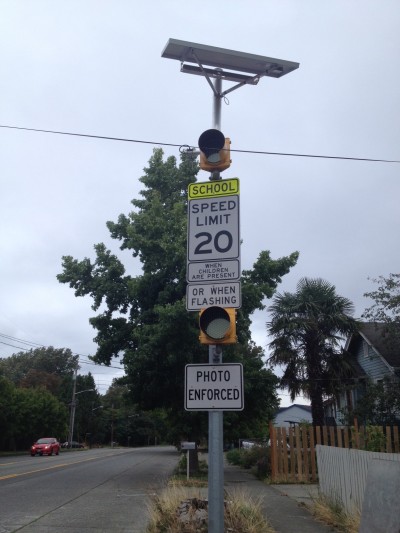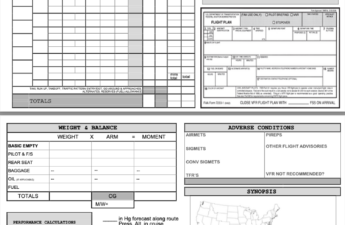I talked to a reporter yesterday about the recent TikTok ban legislation passed there, and explained some of the technical difficulties with enforcing any such ban. Hell, even the legislators themselves admit they can’t operationalize and enforce the ban.
So, to clarify what constitutes geography on the Internet, I used some analogies. One of the hardest legal things to do with computers is prove who was using them at the time the computer accessed illegal material. IP addresses are not proof that a *person* did something illegal – they’re only proof that a device either accessed illegal content or that some dastardly criminal forged the return address on the virtual envelope.
What if someone outside the state of Montana signed into their college’s network and downloaded TikTok while not inside the state’s borders…but via the IP block of that college? (I went to college in Montana from 1998-2001, and yeah, that was the Napster heyday). What if someone physically inside the state of Montana downloaded TikTok while signed into a VPN that had exits in an IP block in the state of California?
And the most important question: what if a TikTok download was traced to an IP address at a location inside Montana but there were multiple people who could have had access to it – such as a coffee shop wifi hotspot?
I explained the difficulty of enforcing this ban on any individual person in the state of Montana by saying that this is like automated traffic tickets from cameras. One receives a letter in the mail with a violation date, a URL with photos and videos of the infraction, and a date by which to pay the fine. No one’s insurance is dinged, no moving violation is on anyone’s license – because while the state can prove that a given *vehicle* committed an offense, they can *not* prove who was behind the wheel. They can demonstrate that a given piece of equipment did something illegal, but not who the operator of that equipment had been at the time. The exact same legal issue comes up with proving someone did or didn’t operate a computer at the time of an alleged offense – an issue that comes up quite frequently in Computer Fraud & Abuse Act prosecutions.
Long story short: use analogies to explain stuff to reporters and policy advisors so they can explain it to their readers and principals.


